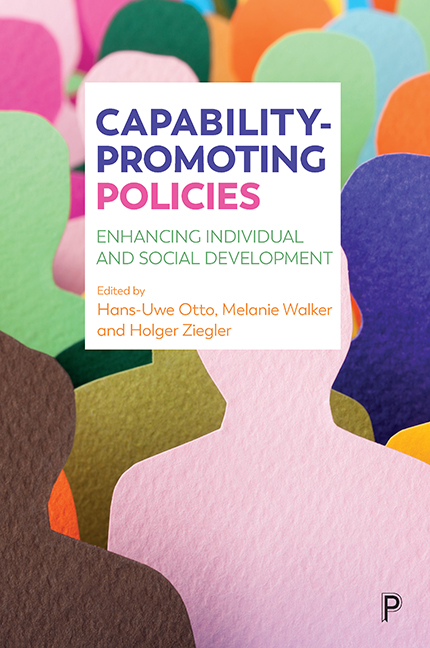Five - The contribution to human development of social policies in the Central American Integration System
Published online by Cambridge University Press: 12 April 2022
Summary
Introduction
Central America is a region well known for its conflicts, poverty and exclusion. Most of the Central American population lives below the national poverty threshold, but the main problem of the region is inequality and exclusion. Although some Central American countries are the poorest in Latin American, their human development indicators reflect the Latin American average and far exceed South Asian and African figures. Besides, indicators are heterogeneous among the members of the Central American Integration System (or SICA, to use the acronym for its Spanish name) on which this chapter focuses.
The struggle against poverty and concern for human development are part of the legacy of social struggle in the region. For instance, prior to the 1950s, policies with human development elements did not inspire anyone. Early signs of a development perspective, based on the accumulation of capital and on prioritising gross domestic product (GDP) growth, were evident in the Central American agricultural exporting model developed by the first generation of economists from the 1950s to the 1970s.
This model was the result of regional imbalance caused by export activities (unequal development between countries and social sectors), and the need to correct it. Public policies emphasised investment in human capital within a context of accumulation of capital influenced by neo-classical growth theories.
The agricultural exporting model had run its course by the time of the Second World War, and in the 1950s the region adopted an import substitution model by promoting the use of local raw materials, planning industrial development and providing trade protection to Central American markets within the framework of regional integration processes. Twenty years later, this model and its policies were rejected due to loss of competitiveness of the region's industrial sector and progressive neglect of agricultural activities leading to increased exclusion and inequality. Repression by military dictatorships in the 1980s and 1990s, triggering social struggles in the Central American region (Valdes Paz and Espina, 2011), also had an effect.
SICA has its roots in the 1950s as a tool for import substitution strategy, the oldest such policy in Latin America. However, the creation of the SICA in 1991 was a joint response to solving the regional conflicts of the 1980s – effectively a Cold War.
- Type
- Chapter
- Information
- Capability-Promoting PoliciesEnhancing Individual and Social Development, pp. 85 - 108Publisher: Bristol University PressPrint publication year: 2017

